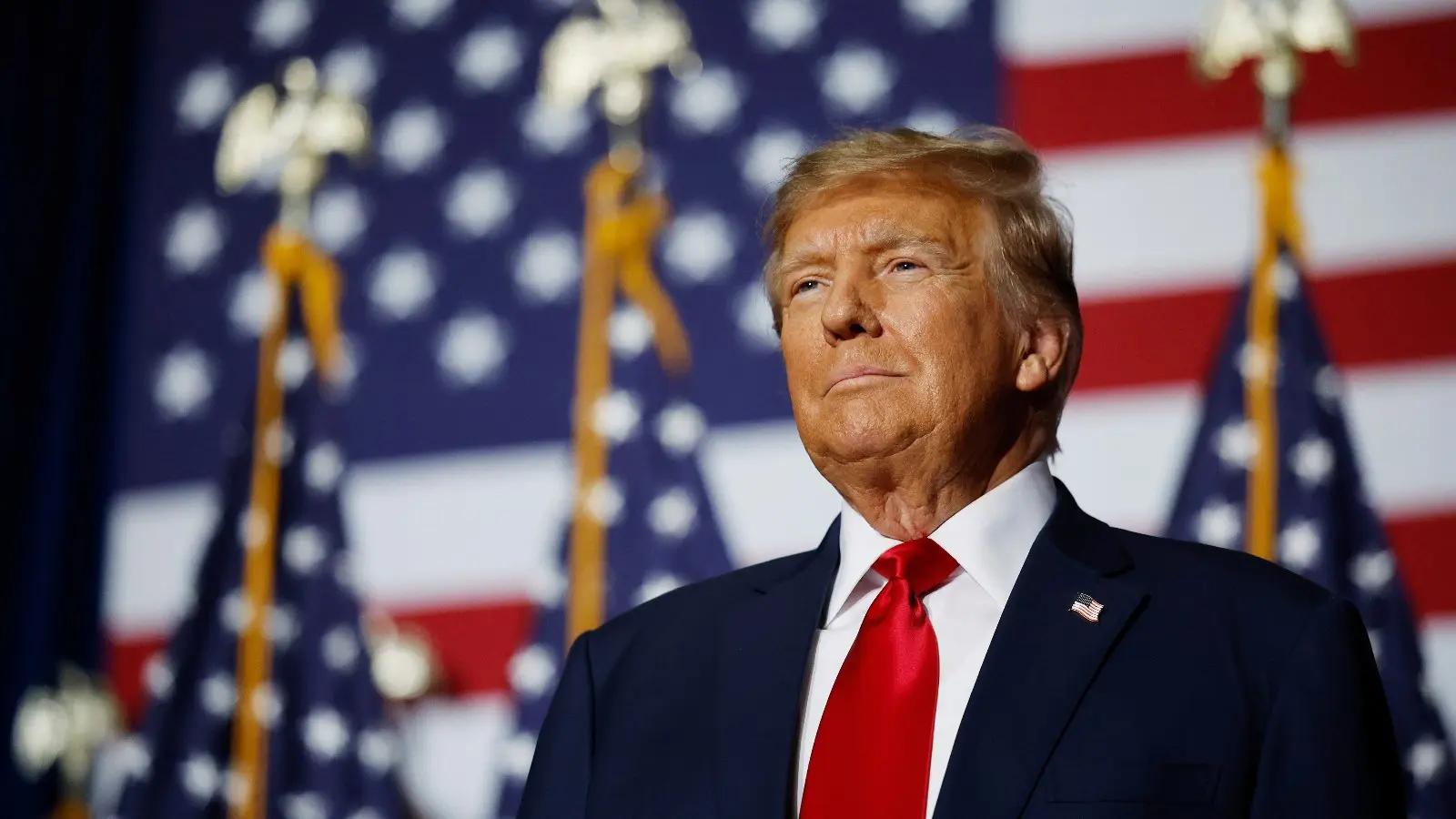Donald Trump’s re-election presents significant challenges for global climate action, but it may ultimately harm the U.S. more than the international community. As the world’s largest economy and a major carbon emitter, U.S. participation has previously been crucial in pushing climate initiatives like the Paris Agreement.
The U.S. recently committed to transitioning away from fossil fuels, but Trump’s presidency threatens to reverse this progress. Despite Trump’s intentions to withdraw from climate agreements, the rest of the world is unlikely to stop its progress on renewable energy and climate action, potentially leaving the U.S. economically and technologically isolated.
The global shift towards clean energy is already advancing rapidly, with investments in renewable technologies increasing by 60% since the Paris Agreement. Currently, nearly $2 trillion is invested annually in clean energy, far surpassing investments in fossil fuels. The U.S. has added substantial renewable capacity, indicating that economic momentum favors a transition to green energy.
Domestically, Joe Biden’s Inflation Reduction Act has catalyzed climate investments and created numerous jobs, especially in Republican-led states that have benefitted from clean energy tax credits. This economic shift could make it challenging for Trump to fully reverse these policies, as they are already generating economic and political benefits.
The effects of climate change are becoming harder for Americans to ignore, with recent natural disasters like hurricanes, wildfires, and floods causing significant financial and human costs. Public opinion in the U.S. is also increasingly acknowledging the tangible impacts of climate change.

Thus, even if Trump pursues an anti-climate agenda, the growing awareness and economic stakes in climate resilience might constrain the extent of his rollback efforts. Furthermore, international players like China and the EU are stepping up as leaders in climate action, aiming to drive both environmental and economic progress.
Historically, the world has experienced U.S. withdrawal from climate agreements before, as with George W. Bush’s exit from the Kyoto Protocol and Trump’s previous withdrawal from the Paris Agreement. However, global climate action has persisted and even strengthened in response.
Today, countries such as China and the European Union continue to pursue ambitious climate agendas, driven by both environmental imperatives and economic advantages in emerging green markets. If Trump’s policies hinder U.S. participation, the country risks losing its competitive edge in these growing markets.
Australia, heavily impacted by climate change, has a vested interest in maintaining international climate action. With the intention to host COP31, Australia has the opportunity to assert a strong diplomatic stance in coalition with other nations committed to climate goals.
This leadership role is critical as COP29 in Baku approaches, where global momentum must be maintained to advance climate objectives and address urgent challenges. Australia and other like-minded nations must push forward with ambitious climate commitments to counteract any setbacks from the U.S., ensuring that global climate progress continues despite political obstacles in key countries.

